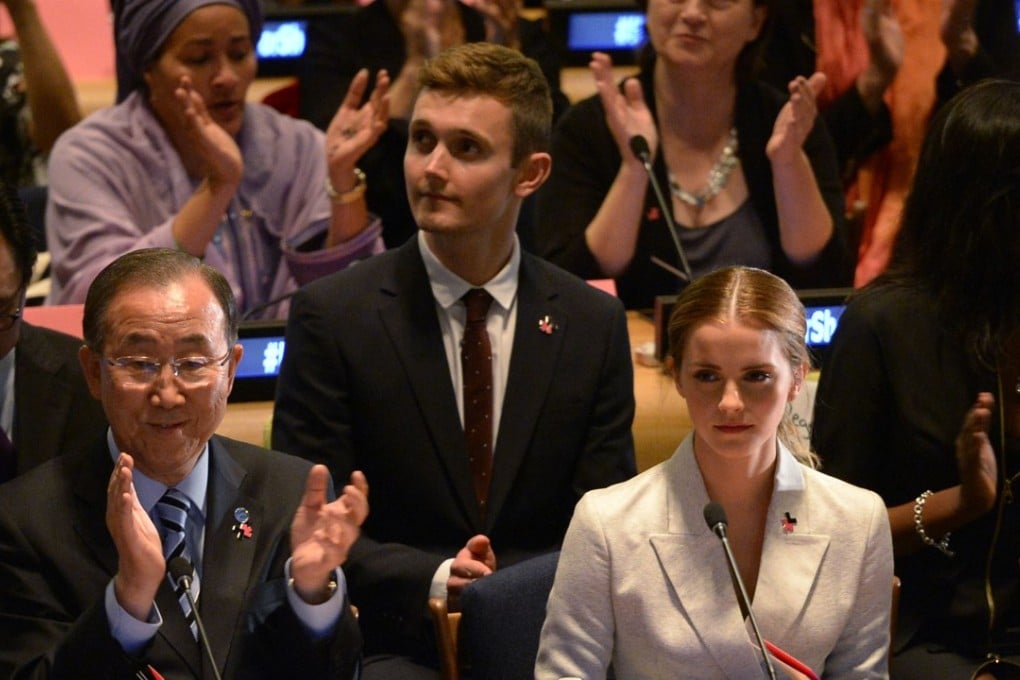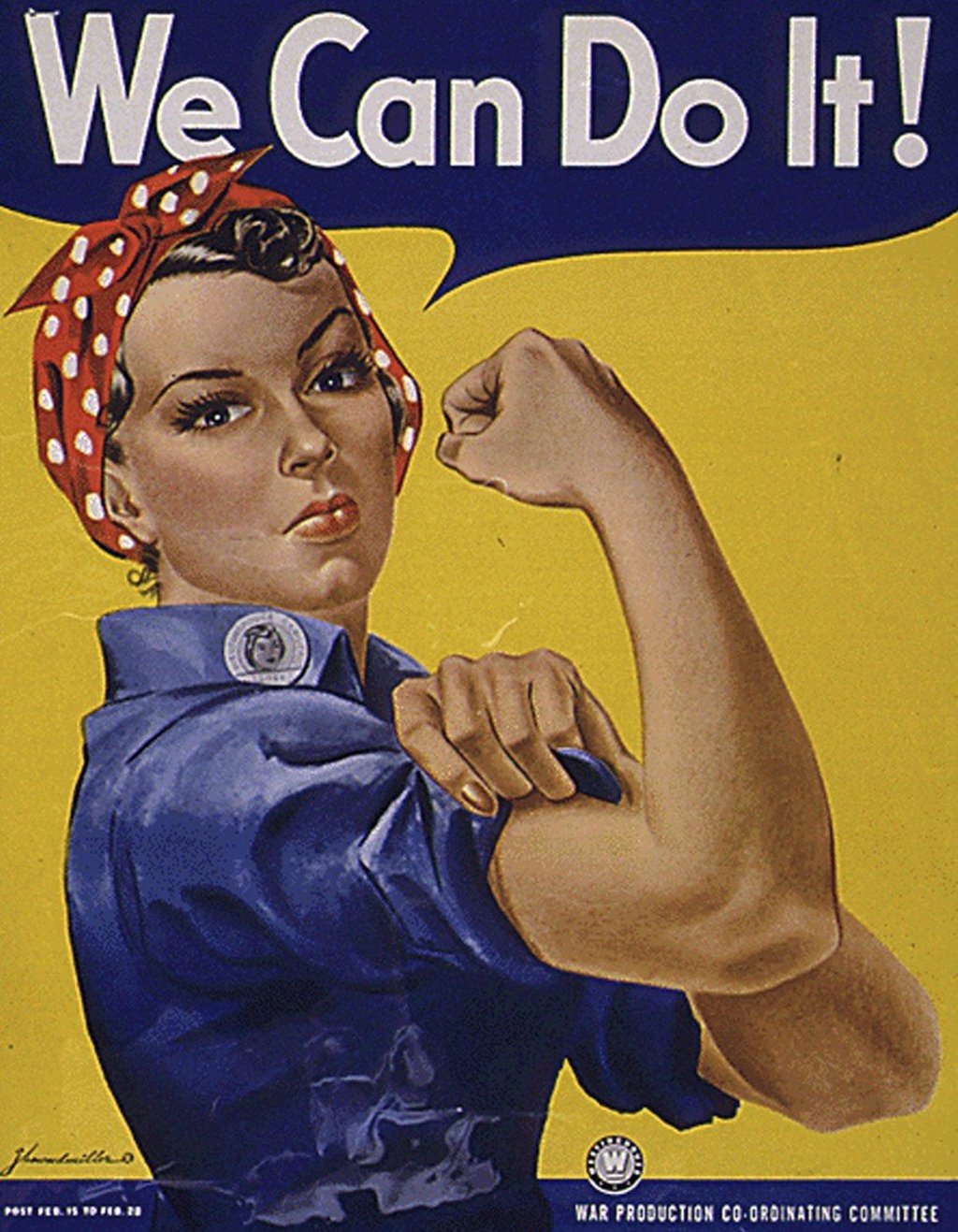Three steps to gender equality in Hong Kong offices. Can men do it?
Adrian Warr says the simple explanation for lack of progress on gender parity at work is that men aren’t trying hard enough. All it takes is a change of perspective, behaviour and corporate culture

Hong Kong, a beacon of progressive business practices, could lead the way for Asia on gender equality. But women make up just 12.4 per cent of its boardrooms. The World Economic Forum says we are 170 years away from closing the gender gap globally. Why are we so slow?
People use complexity as the excuse. After each mass shooting in the US, experts argue why America suffers so many of these tragic incidents. Cultural, educational, political and psychological theories abound, and most have merit. But all give way to the fact that, in America, 42 per cent of the world’s guns are in the hands of just 4 per cent of the global population.
Occam’s razor rings true: the simplest explanation is usually the right one.
There is a simple explanation for our lack of progress on gender equality: we men aren’t trying hard enough. In 1943, at the height of the second world war, the iconic propaganda poster of “Rosie the Riveter” appeared in the US, with her slogan “We can do it!”. She was a call to arms, almost literally, part of a campaign to get more women working on the home front. Two facts are particularly interesting.
First, it didn’t primarily target women. The obstacle to getting them working wasn’t the women themselves, but their fear of the disapproval of their husbands, boyfriends, brothers and fathers.
Why it makes good business sense to have women directors on Hong Kong boards
